Delhi’s New Education Bill: Will It Regulate School Fees or Control Private Schools?
The Delhi government’s recent approval of the Delhi School Education (Transparency in Fixation and Regulation of Fees) Bill 2025 is being hailed as a progressive step to curb arbitrary fee hikes by private schools. Set to be implemented retrospectively from April 1, 2025, and awaiting presidential assent, the bill promises to bring transparency and accountability to fee determination, easing the financial burden on parents. However, a closer look reveals that the government’s ambitions may extend well beyond just regulating fees, edging into controlling various other aspects of private school functioning.
The bill introduces a three-tier system to monitor fee-related issues, with committees at the school, district, and state levels overseeing fee fixation and grievance redressal. This structured mechanism aims to protect students from punitive actions such as expulsion or withholding exam results due to non-payment of fees, imposing penalties on schools that violate these protections.
While these provisions sound positive, the bill’s reach appears far more intrusive. Reports suggest that the government plans to extend its control beyond fees to include regulation over textbooks, curriculum-related activities, and even extracurricular modern facilities that schools offer. This raises concerns over how much autonomy private institutions will retain in managing their academic and administrative affairs.
The bill empowers the government to seal and auction school properties in cases of repeated violations, signaling a zero-tolerance approach but also raising fears of heavy-handedness. With over 1,600 private schools affected in Delhi, the law will bring significant changes. However, questions linger: Will these regulations stifle innovation and flexibility in private education? Could excessive control discourage investment in better infrastructure or modern teaching methods?
While parents stand to benefit from protection against unfair fee hikes and harassment, private schools might feel increasingly burdened by government oversight not only on finances but also on operational decisions. The bill’s provisions for parental involvement in fee committees are commendable but may not be enough to balance the scales.
In essence, the Delhi School Education Bill 2025 walks a fine line between regulation and control. It is crucial that while ensuring affordability and fairness, the government maintains an environment where private schools can continue to innovate and improve quality without excessive interference. Otherwise, what begins as a fee regulation bill risks becoming an all-encompassing control mechanism over private education in Delhi.
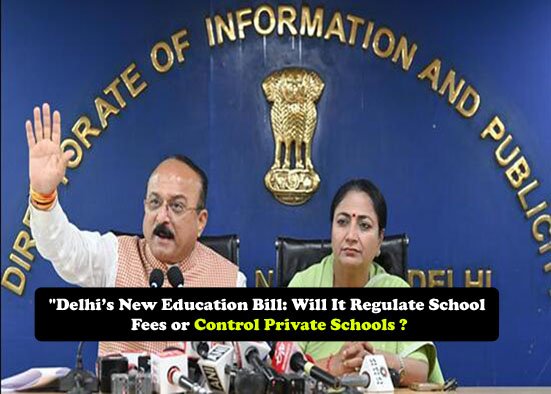
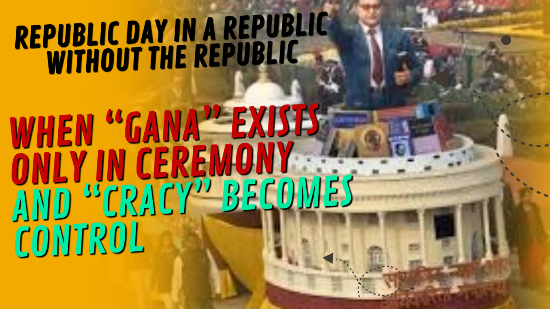
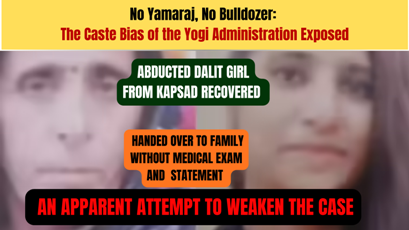



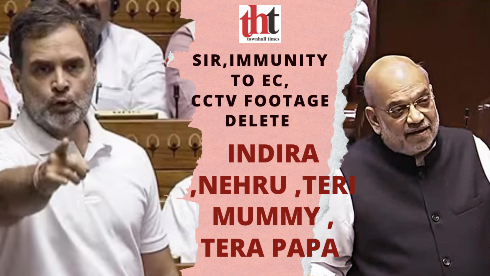

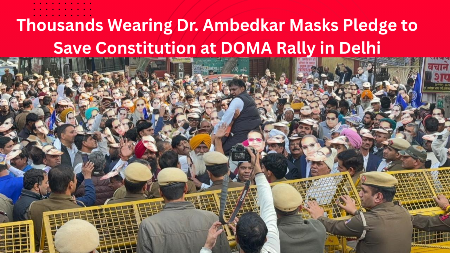
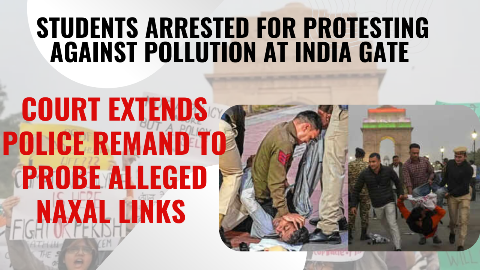

Leave a Reply